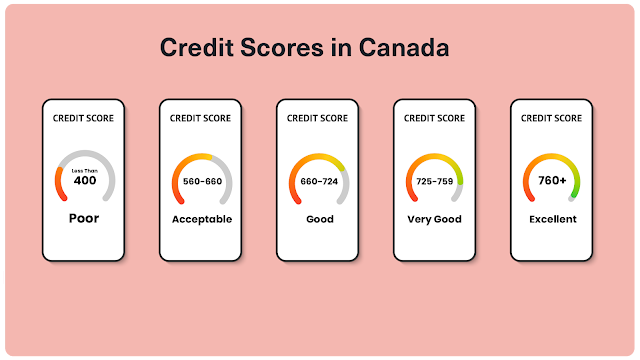The Road Less Traveled: Exploring Lesser-Known Tips and Tricks for Successful Used Vehicle Financing in Canada
When
it comes to financing a used vehicle in Canada, there are some lesser-known
tips and tricks that can help you navigate the process more effectively. While
many people focus on interest rates and loan terms, other factors can make a
significant difference in your financing experience. This blog post will
explore some lesser-known tips and tricks for successful used vehicle financing
in Canada.
Explore Credit Union Financing
While
banks are a popular choice for financing, credit unions can offer attractive
financing options for used vehicles. Credit unions are member-owned financial
institutions that often providing competitive interest rates and flexible loan
terms. They may also have a more personalized approach to lending and be more
willing to work with individuals with lower credit scores. Exploring credit
union financing options can open up opportunities you may need help finding
with traditional banks.
Consider Financing Through
Dealerships
Many
used car dealerships offer financing options to their customers. While
dealership financing may have slightly higher interest rates than banks or
credit unions, they can be more flexible in approval and may consider
individuals with lower credit scores. Dealership financing can be convenient,
especially if you're purchasing a vehicle from the same dealership. Carefully
review the terms and conditions before agreeing to any financing offer.
Opt for Certified Pre-Owned (CPO)
Vehicles
Consider
looking for certified pre-owned (CPO) vehicles when shopping for a used car.
CPO vehicles undergo a rigorous inspection process, often performed by the
manufacturer, to ensure their quality and reliability. Financing a CPO vehicle
can provide additional peace of mind, as they typically come with extended
warranties and additional benefits. Lenders may also offer favourable financing
terms for CPO vehicles due to their higher quality and lower risk.
Save on Insurance Costs
Insurance
is a significant expense associated with owning a vehicle. Consider researching
insurance rates before purchasing a specific vehicle model to save on insurance
costs. Some vehicles may have higher insurance premiums due to repair costs,
safety features, or the likelihood of theft. You can save money in the long run
by choosing a vehicle with lower insurance rates. Additionally, bundling your
vehicle insurance with other policies, such as home insurance, may result in
discounts.
Beware of "No Interest"
Financing Offers
While
"no interest" financing offers may seem tempting, reading the fine
print and understanding the terms and conditions is essential. These offers may
often come with hidden fees or require you to forego other incentives, such as
cash rebates or discounts. Carefully evaluate the overall cost of financing,
including any associated fees or trade-offs, to ensure you're making a
financially sound decision.
Prequalify for Financing
Before
embarking on your used vehicle search, consider prequalifying for financing.
Prequalification involves submitting your financial information to a lender and
estimating how much you may be eligible to borrow. This can give you a clear
understanding of your budget and streamline the purchasing process.
Prequalification also demonstrates to sellers that you're a serious buyer,
potentially giving you an advantage in negotiations.
Get a Vehicle History Report
Before finalizing your purchase, obtain a vehicle history report for the used vehicle you're interested in. This report provides important information about the vehicle's past, including accidents, title issues, or odometer discrepancies. Reviewing the vehicle history report allows you to make an informed decision and avoid surprises. Lenders may also consider a clean vehicle history a positive factor when assessing your loan application.
In
conclusion, exploring lesser-known tips and tricks can help you secure
successfully used vehicle financing in Canada. Consider credit union financing,
dealership financing, and certified pre-owned vehicles. Save on insurance
costs, be cautious of "no interest" offers, prequalify for financing,
and obtain a vehicle history report. By taking these steps, you can confidently
navigate the used vehicle financing process and make a financially savvy
decision.




Comments
Post a Comment